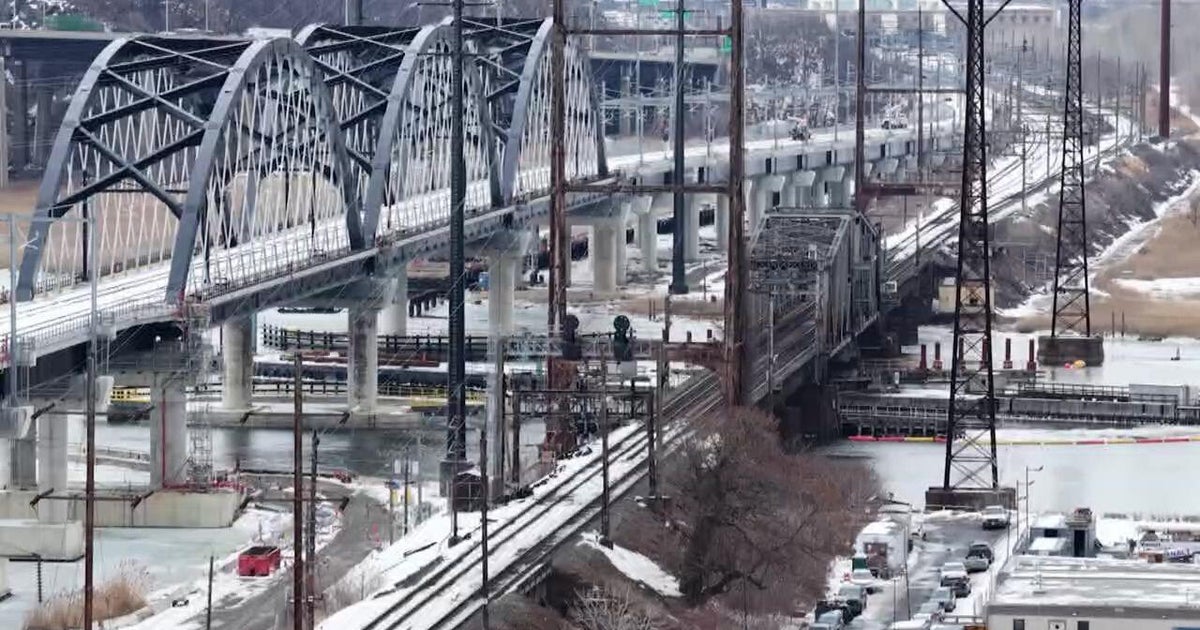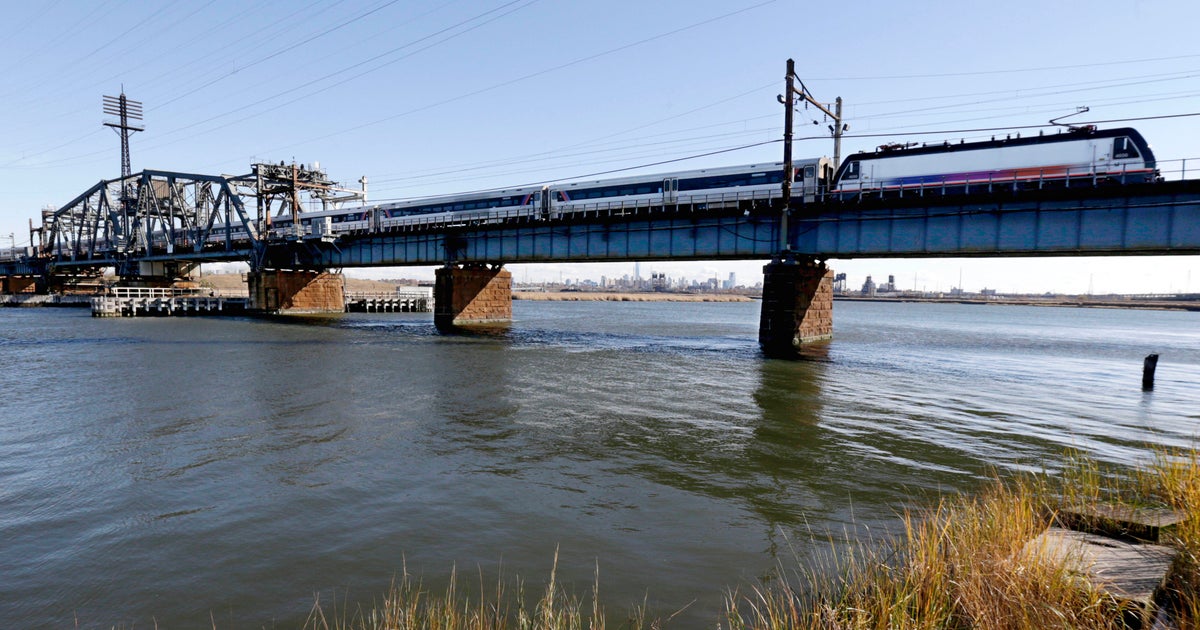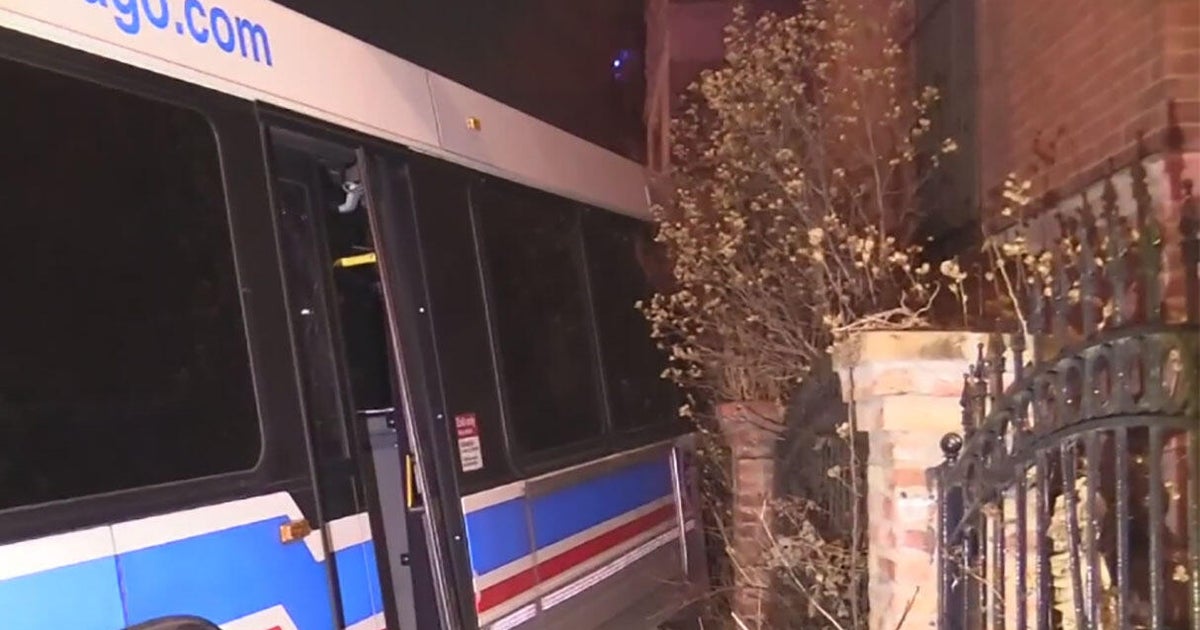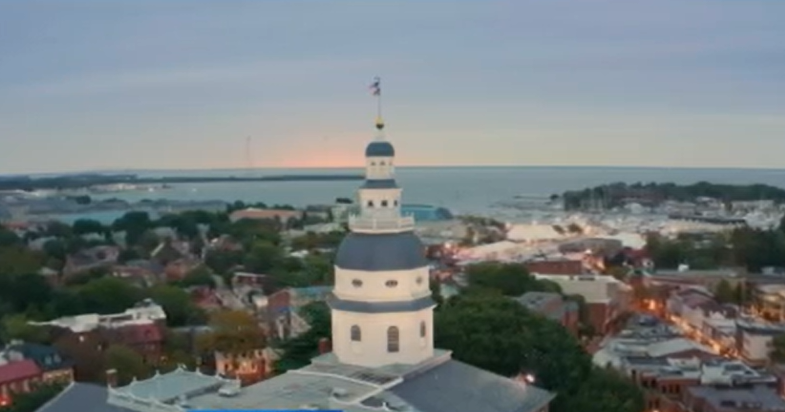Bill Would Let BART Ignore Zoning Laws In Quest For Transit Villages
CONCORD (KPIX 5) -- A bill to allow BART to fast-track its own high-density housing developments is gathering steam in the state legislature. The assembly bill acts as a zoning end-around for the transit agency to put up housing near its stations. Individual cities would appear to have very little say in it.
Most people agree the Bay Area needs more housing, and BART believes building high-density "transit villages" next to its stations is the way to go. But it hasn't been easy.
BART director Nick Josefowitz says the transit village at the Pleasant Hill station is a housing success story that could be emulated across the Bay Area, if not for red tape. "But there are other communities who haven't been as forward thinking and who haven't allowed in their zoning for as much density," said Josefowitz. "Project after project that has gone in on BART land has been dragged out for decades by local zoning processes which are not efficient."
So in February, allies in the legislature decided to force the issue with Assembly Bill 2923. The bill, as introduced, would authorize BART to ignore local zoning rules, create its own building standards and require that cities conform to BART's development plans for any of its properties within a half-mile of a station.
"We have to change our rules to match for their property and this is like giving a developer a blank check," said Concord Mayor Edi Birsan. "Build whatever you want."
Concord Mayor Edi Birsan and angry officials from other cities went to Sacramento and got the bill amended to give communities some say in things like building aesthetics and a height restriction of one floor greater than the tallest building zoned for the area.
In Concord the tallest building near the BART station is a 20-story office building. That means BART could build a high-density, 21-story housing unit on its property and the city would have no say in it.
BART Director Debora Allen, who represents Concord and surrounding communities, opposes the bill. Allen says if BART - as the landowner - can sidestep local density rules, it can make a lot more money.
"The value of the land is always increased when a developer can put more units on the land which generates more revenue," said Allen.
One key to that is parking. Under AB 2923, BART could limit or even eliminate parking altogether, decreasing costs and increasing the number of housing units, while sending tenants' cars out onto the streets for Concord to deal with.
"We can literally have people from Oakland and San Francisco, deciding what gets built in Concord," said Birsan.
"It shifts a little bit how that collaboration works and it shifts it in a way to kind of push forward projects," said Josefowitz.
If AB 2923 becomes law, BART could end up establishing a new model for housing in the Bay Area. The amended bill has passed the Assembly and is now headed to the Senate Appropriations Committee.







